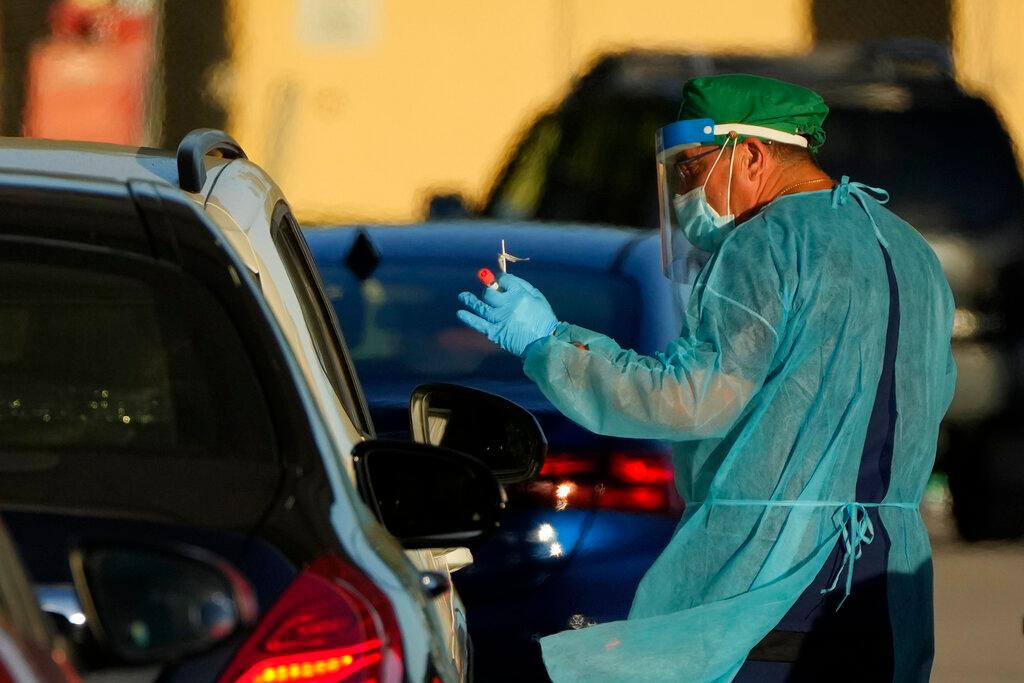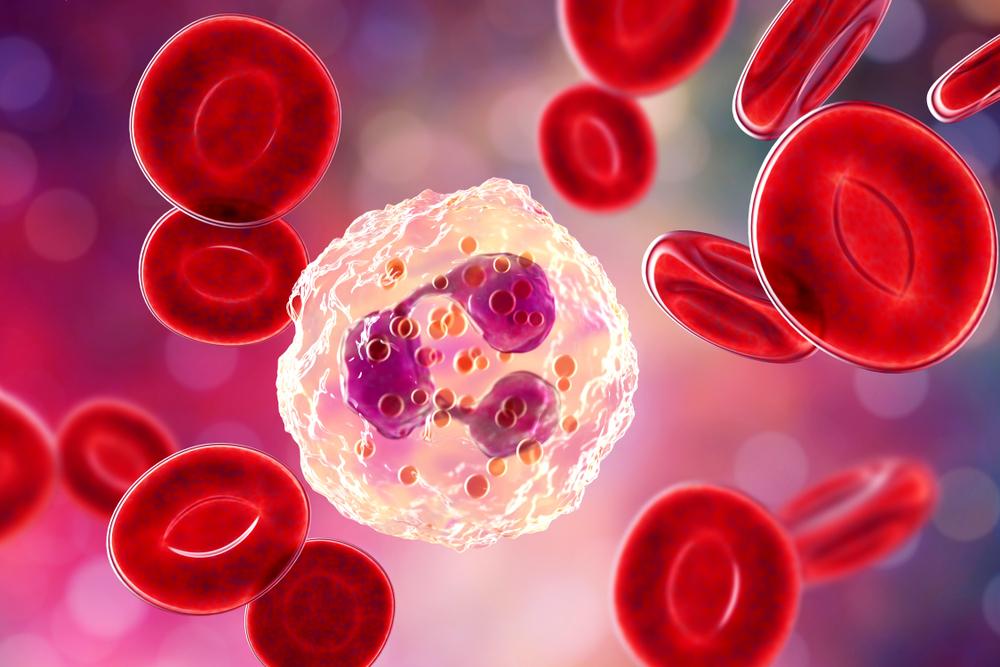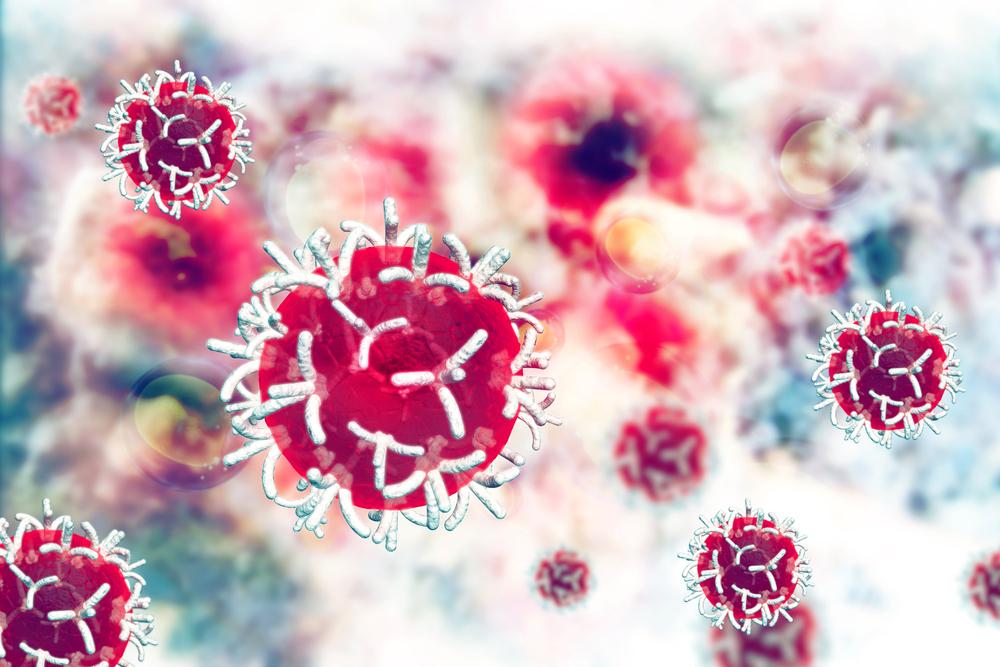A South African study led by researchers at the Steve Biko Academic Hospital found that the Omicron outbreak may be signaling the end of the acute pandemic phase of COVID-19, with the endemic phase following suit.
The December 2021 study, funded by the South African Medical Research Council, compared 466 hospital admissions from the Omicron spread to 3976 admissions from May 2020, four months before the Omicron outbreak.




